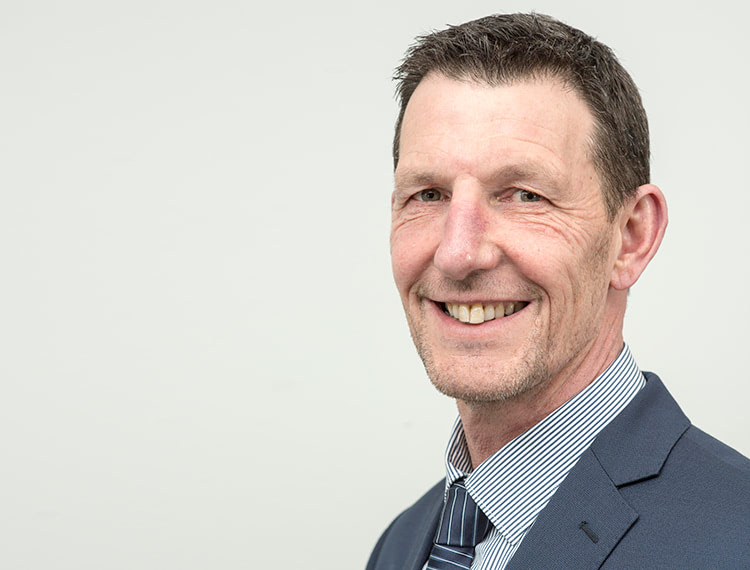Almost one in ten of employees in the education industry have purposefully taken a nap at work

New research* from the leading health and wellbeing provider, Westfield Health, has found almost one in ten (7%) of employees in the education industry have purposefully taken a nap at work, and over a third (35%) say their mental wellbeing is reduced due to tiredness and fatigue.
The study which examines how tiredness and feeling fatigued impacts on performance at work, also shows 88% of workers in the industry don’t feel confident in speaking with their line manager about how it is impacting on their performance.
Fatigue, which is defined as extreme tiredness resulting from mental or physical exertion or illness, is an epidemic which is stretching beyond work for UK employees, with 67% of worker in the education industry saying it is affecting them at home too.
More than a third (42%) say they tend to be more forgetful and make errors, as a result of tiredness and almost one in five (15%) said they regularly turn up to their jobs feeling too tired to work.
The nationwide study shows overall men were more likely (14%) than women (9%) to take a nap at work, and 16-24 year olds were the age group most likely to do so. The effect of fatigue in the education industry is broad with people admitting to making errors and being forgetful (42%), being short tempered with colleagues (26%) and even drifting to sleep (14%).
Richard Holmes, Director of Wellbeing at Westfield Health said:
“It’s extremely worrying to see how fatigue is impacting employees in the education industry. It’s not just being overworked and lack of sleep that can cause us to feel fatigued. Extreme tiredness happens as a result of a number of factors including mental health and diet.”
So what’s the solution? One in five (15%) believe their employer could do more to reduce the risk of accidents and mistakes at work due to stress. Currently 90% believe their colleagues, including management, do not understand the potential consequences of fatigue and lack of sleep and only 8% say their workplace would accept tiredness or fatigue as a genuine reason to call in sick.
Richard continues: “Fatigue and tiredness is an issue that employers and particularly line managers should not overlook. Employers need to ensure there are clear health and safety regulations in place around fatigue, especially in industries that require high levels of concentration.
“The importance of rest time both at work and at home should be taken seriously and encouraged by employers, and fatigue should be considered just as important as any other physical injury or illness.”
About Westfield Health: An award winning not-for-profit health and wellbeing provider, committed to improving people’s quality of life by inspiring them to make healthier choices at work and at home. Working with 400,000 customers and more than 8,000 companies, Westfield Health has been supporting the nation to live healthy, independent lives since 1919.
It has donated over £14.5m to the NHS and medically related charities over the last 20 years, supporting the health and wellbeing of communities across the UK.
Westfield Health believes in well beings, and that when you begin to truly believe in the physical and emotional wellbeing of your staff it can completely transform the face of your business, improving productivity, helping you retain staff and making you a desirable place for prospective employees to work.
*Based on research by Westfield Health in September 2018, by a panel of 1,000 UK employees.











Responses